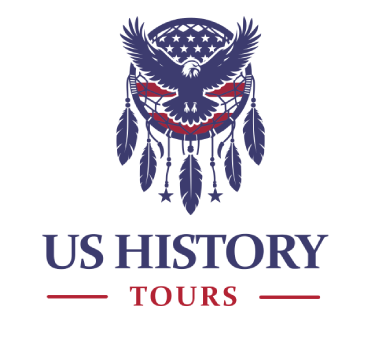

Buffalo, Wyo., on the eastern foothills of the Bighorn Mountains, is a town steeped in history. Originating by way of an army post that protected the old Bozeman Trail, it was later the place from which a sheriff organized a posse of 200 to lay down the law against the great cattle barons and members of the Wyoming Stock Growers Association, who were accusing small ranchers of rustling, and lynching them for their supposed trespasses. The two groups clashed at the TA Ranch on the banks of the Crazy Woman Creek, in what is now known as the Johnson County War.
Coincidentally (or perhaps not), Buffalo is also the birthplace of “the Western” in literature. In the 1880s, Owen Wister visited Buffalo’s historic Occidental Hotel and used it and its famous guests to create the setting and characters for his 1902 classic novel, The Virginian.
The Virginian, a story of a frontier cowboy honorably battling thieves and outlaws and winning the heart of an attractive and young schoolteacher, set the precedent for good-guy heroes in future Westerns. The story of the Virginian also includes the world’s first literary shootout, thought to have occurred in real-life in front of the Occidental.
In his introduction, Wister addresses his friend, Teddy Roosevelt—another of the Occidental’s many famous guests. Wister also addresses the reader, explaining that his story must be told in the past tense, because “Time has flowed faster than [his] ink.”
The Johnson County War was fought between cattle barons, and homesteaders and small ranchers. It demonstrates the continuation of rivalry between cattle barons and homesteaders and shows that, even in the 1890s, people were still taking the law into their own hands.
In Wyoming, cattle barons were appointed to key positions in government. They also set up their own association, the Wyoming Stock Growers Association (WGSA), to protect their interests. Many of the cattle barons suffered great losses in Great Die up of 1886-7, a terribly brutal winter, most known for its effects on the Western United States and its cattle industry. This winter marked the end of the open range era and led to the entire reorganization of ranching
In contrast, the small ranchers survived the winter with minimal losses and this upset the cattle barons. Rustling had been a problem in Wyoming for years but, now that the cattle barons were struggling to survive, they wanted to put a stop to it.
In 1889, the first killings took place. Small ranch owners, Jim Averill and Ella Watson, were living on land a cattle baron called Albert Bothwell wanted. Averill wrote a letter to the local newspaper accusing Bothwell of being a land-grabber. Bothwell then accused Ella of rustling a small herd of cows. Bothwell’s men caught and hanged Averill and Watson, and took over their land and cattle. No one was prosecuted for these murders.
In retaliation, the homesteaders and small ranchers created their own association and decided to hold their own round-up of cattle before the WSGAs. This meant they could claim all of the new-born cattle for themselves. The WSGA were furious and planned a full-scale invasion of Johnson County.
On April 5, 1892, 52 armed men rode a private, secret train north from Cheyenne. Just outside Casper, Wyo., they switched to horseback and continued north toward Buffalo, Wyo., the Johnson County seat. Their mission was to shoot or hang 70 men named on a list carried by Frank Canton, one of the leaders of this invading force. This was done in full knowledge of Wyoming’s governor.
However, the WSGA’s plan failed. Small rancher Nate Champion heroically held them up all day. By the time he had been killed, the alarm had been raised in a nearby town and the local people were ready to fight. The US Calvary arrived and fought off the WSAG. The war had ended.
The town’s famed Jim Gatchell Memorial Museum is the one-stop destination for a detailed history of the Johnson County War and has a wonderful statue of Nate Champion in his final moments, running out of the burning bunk house he’d been fighting from, all guns blazing.